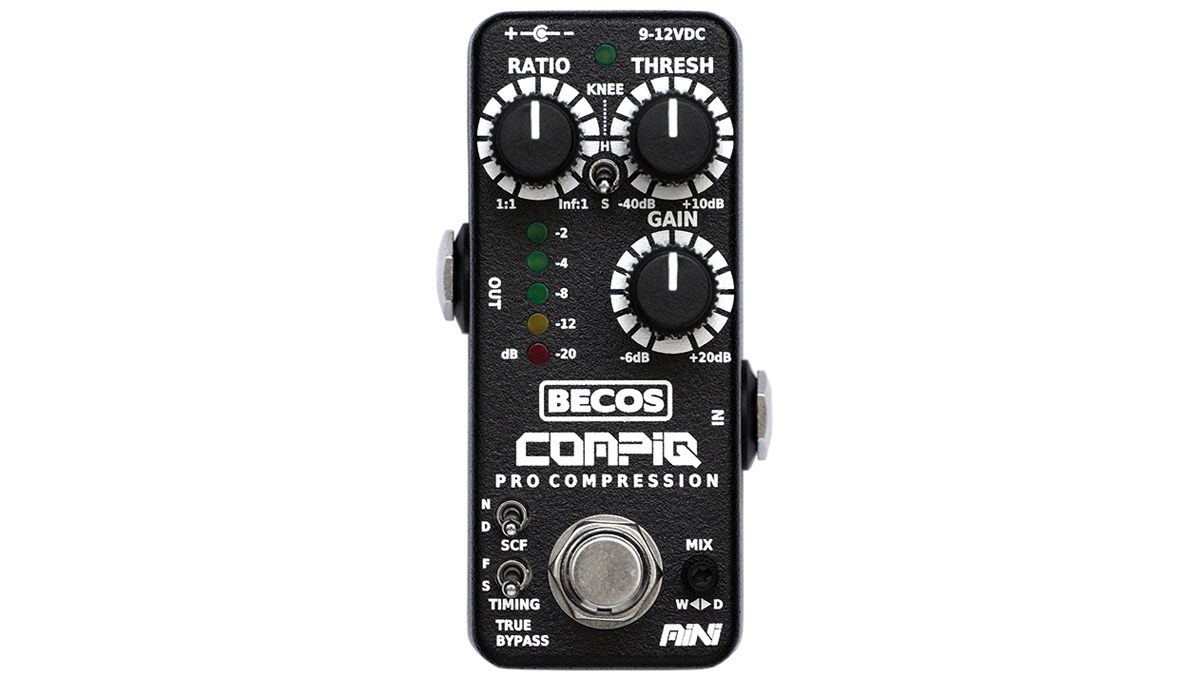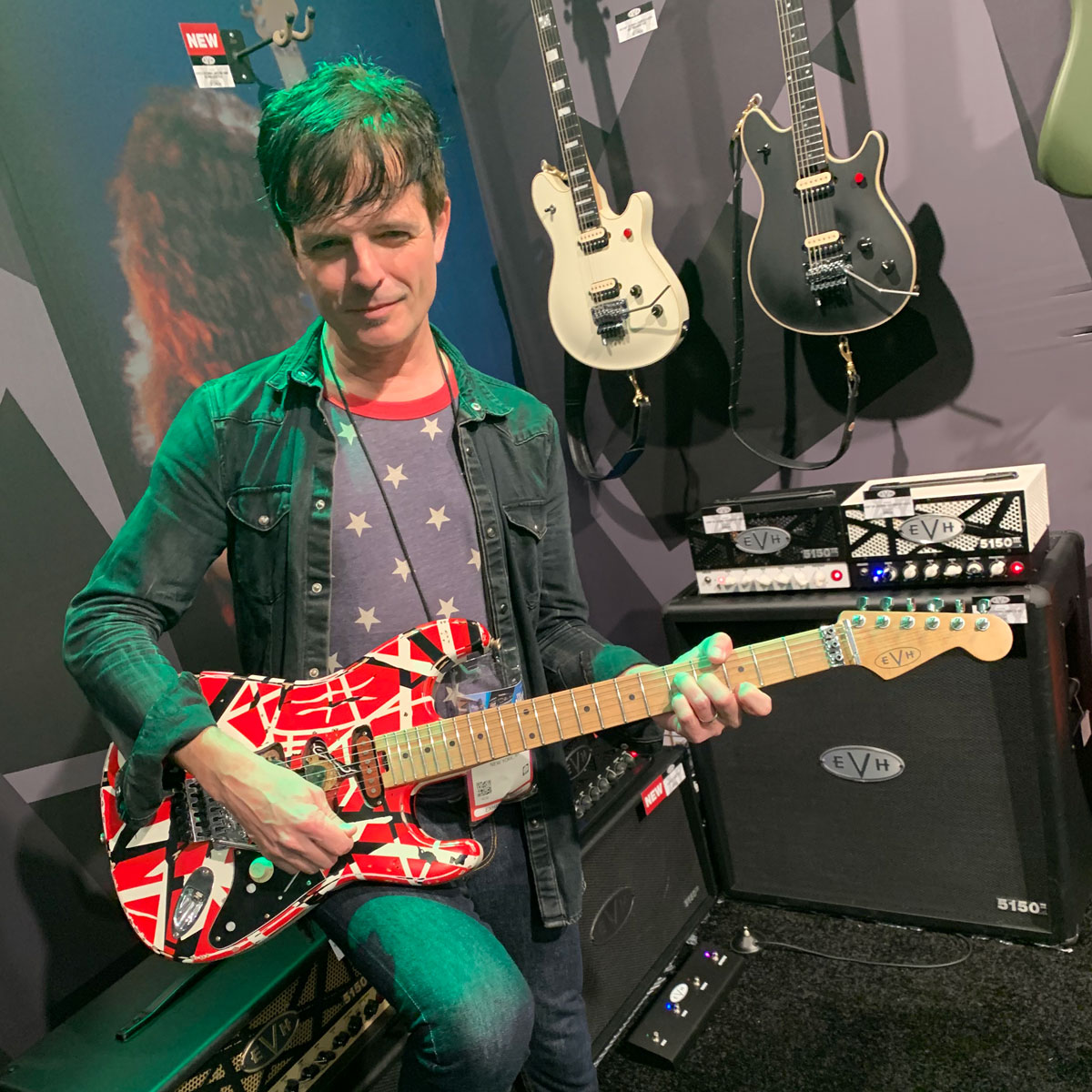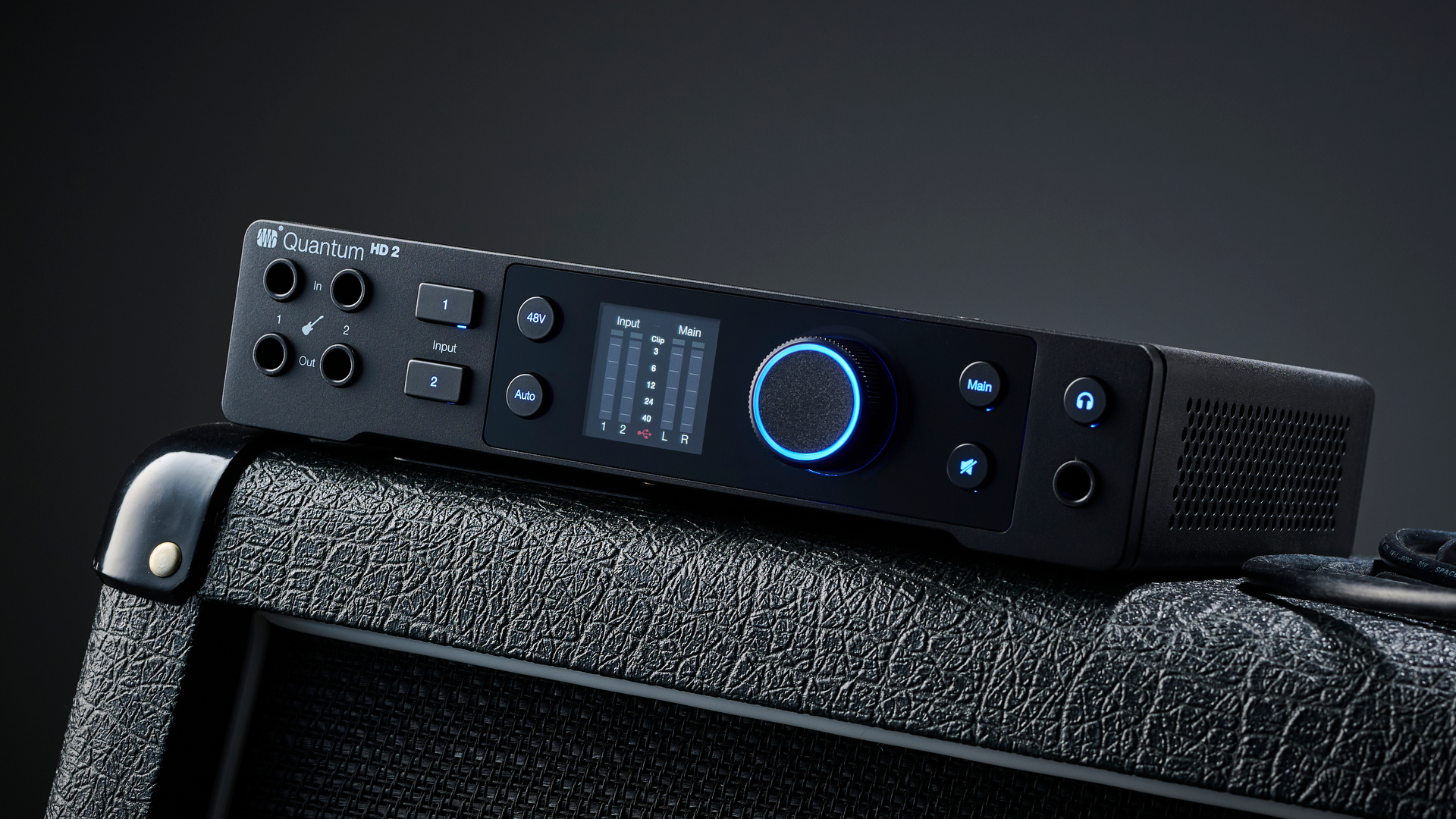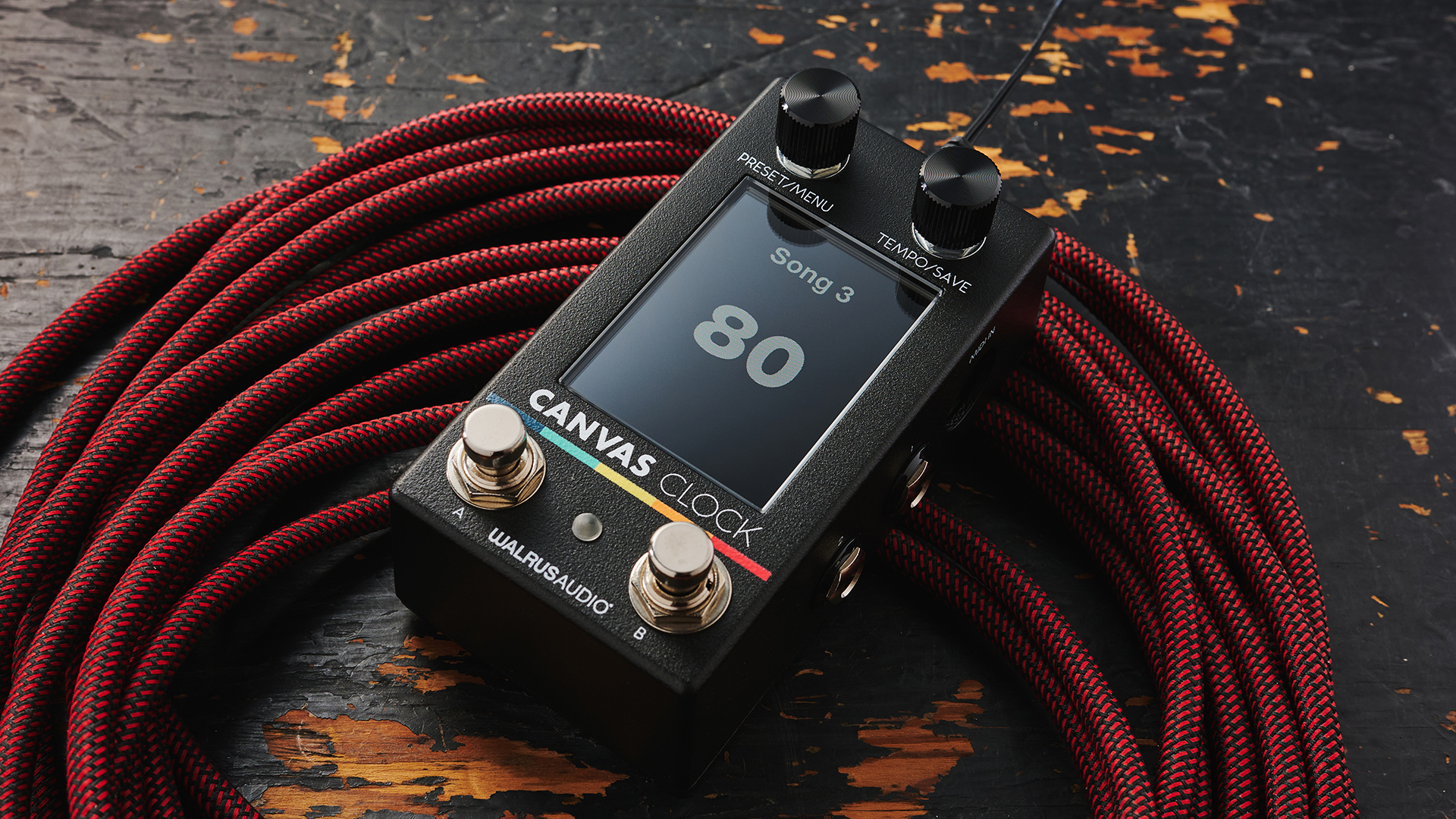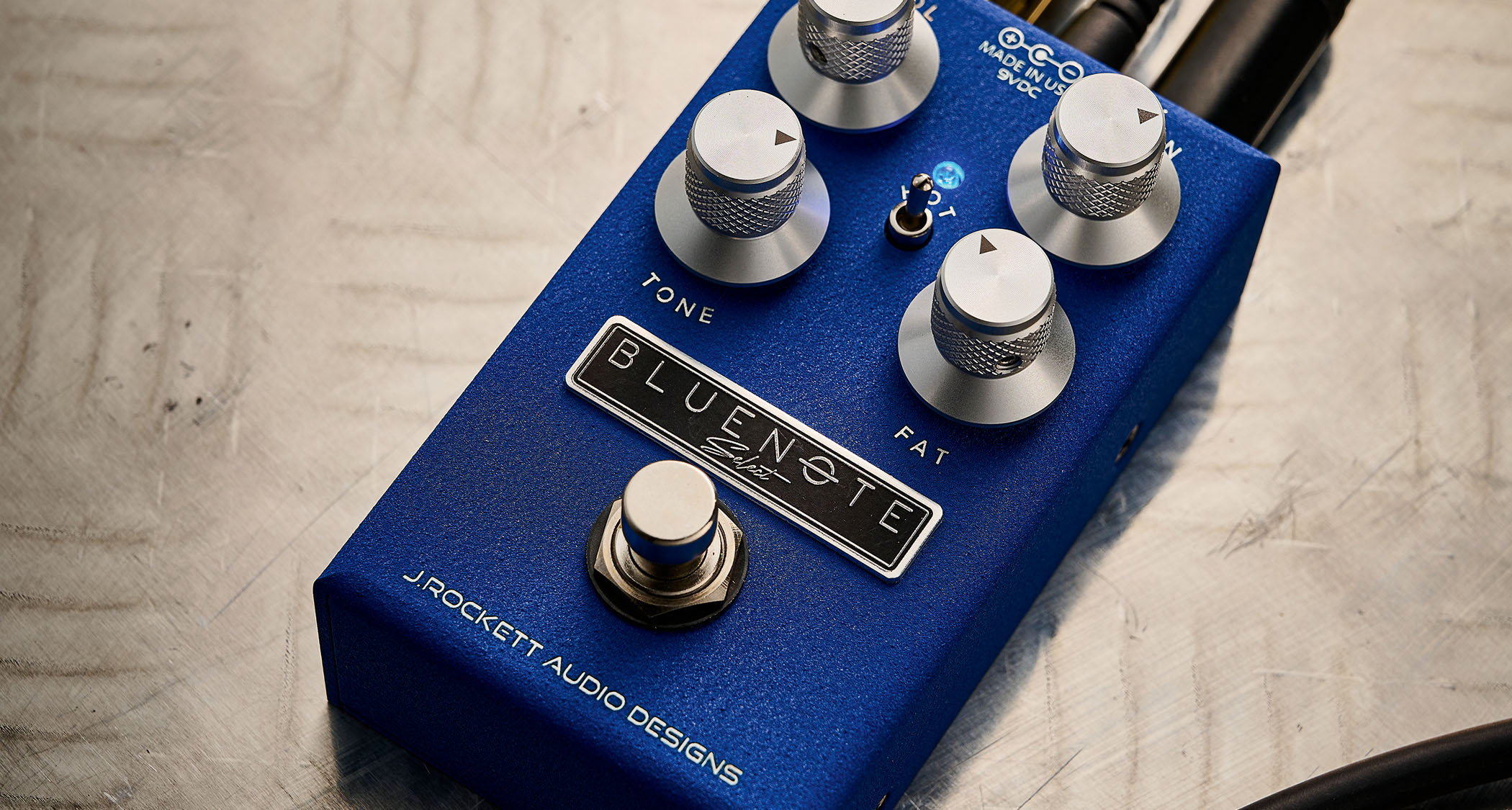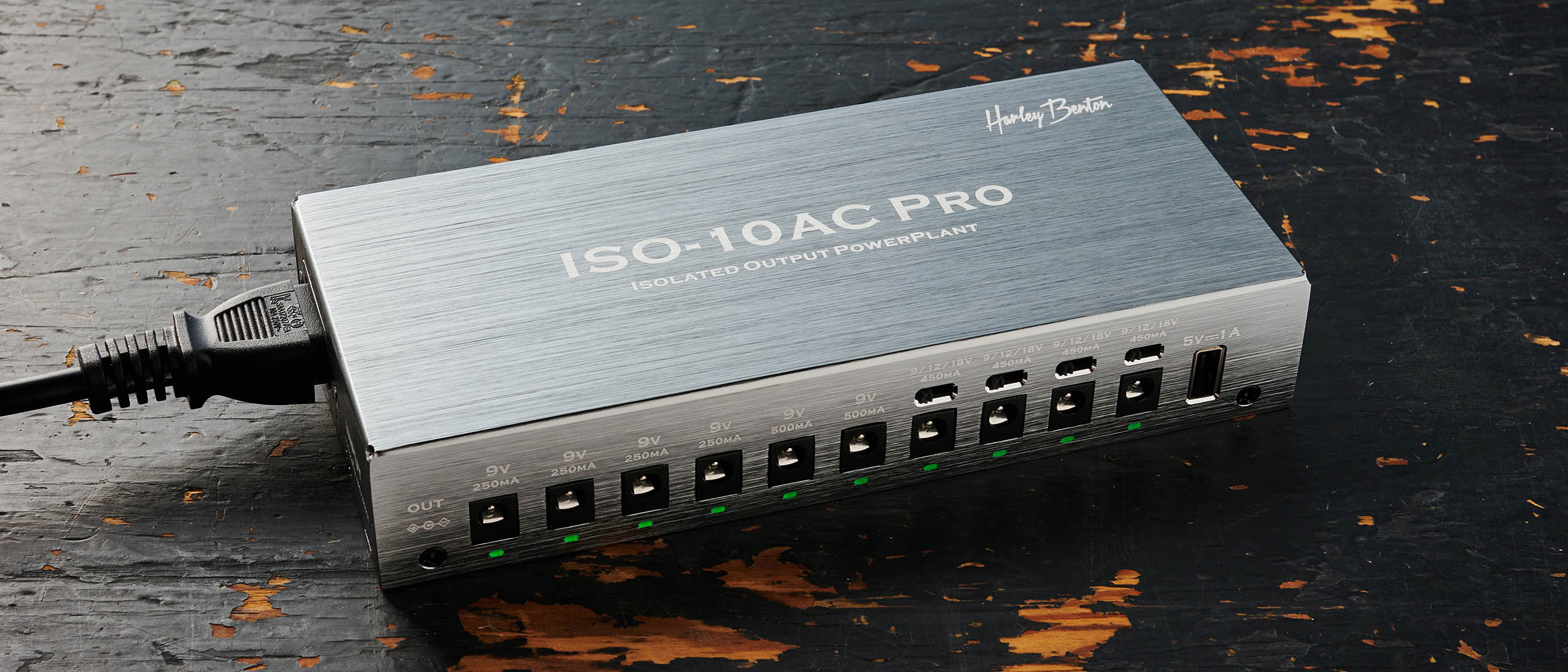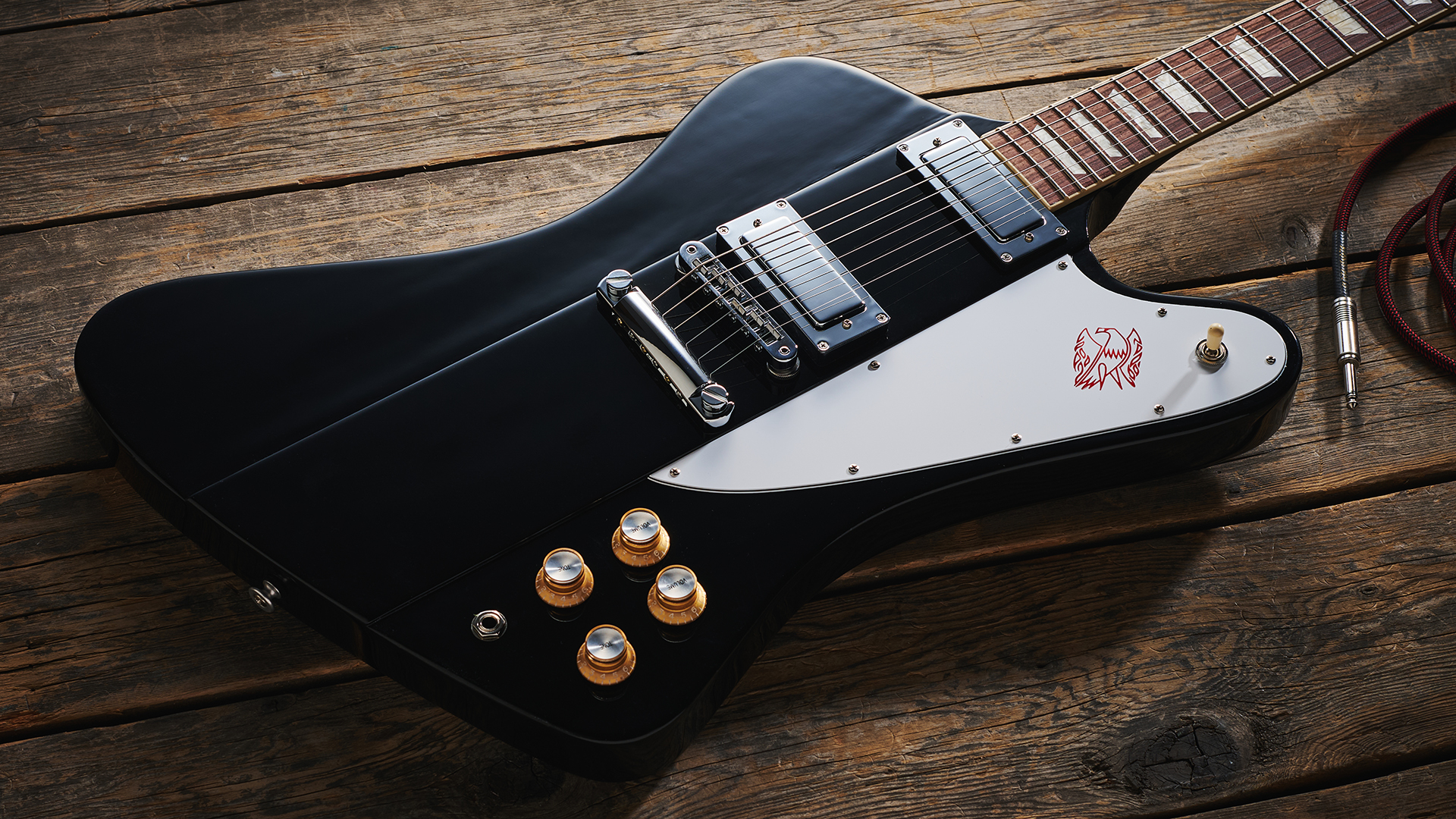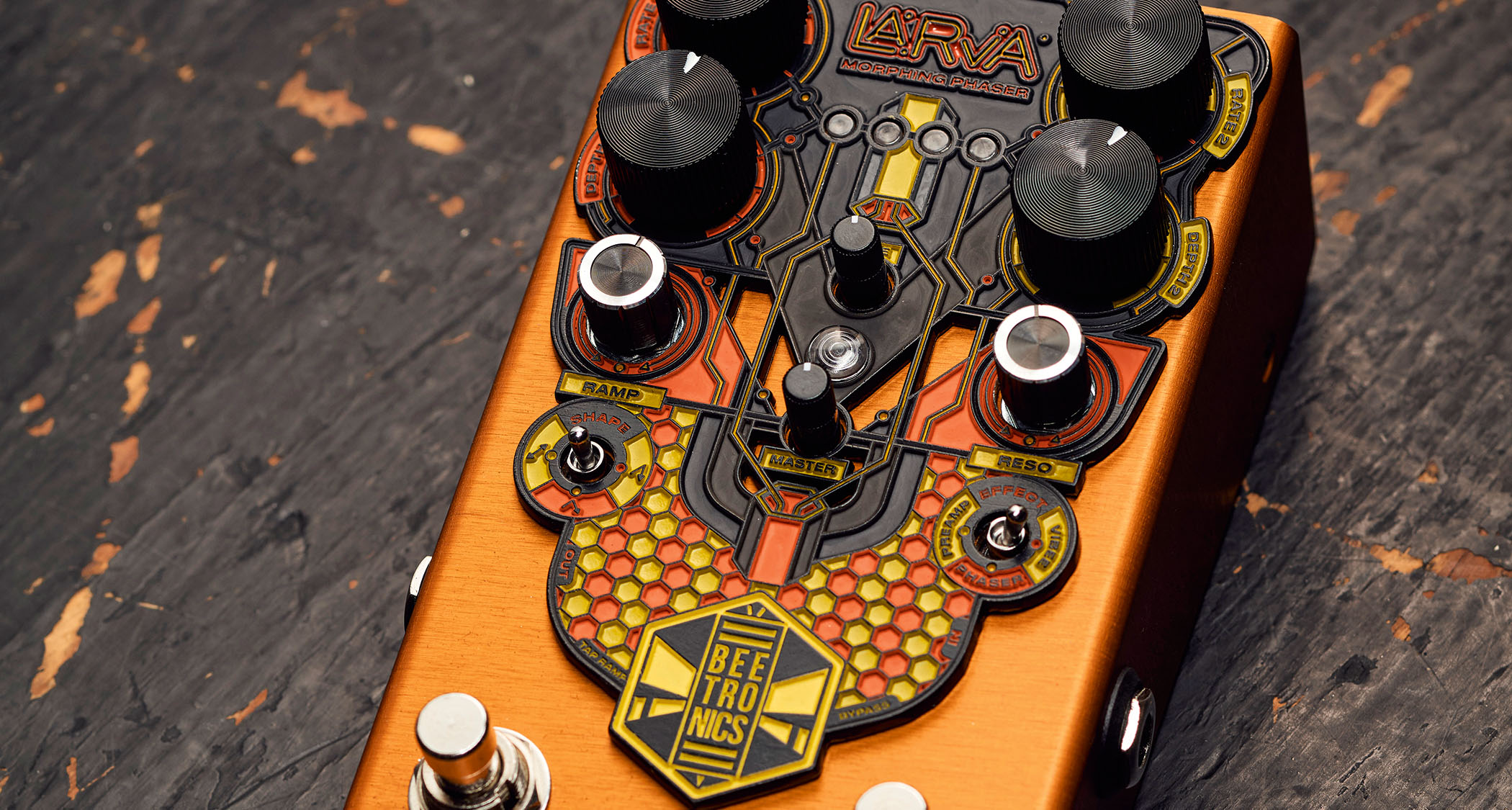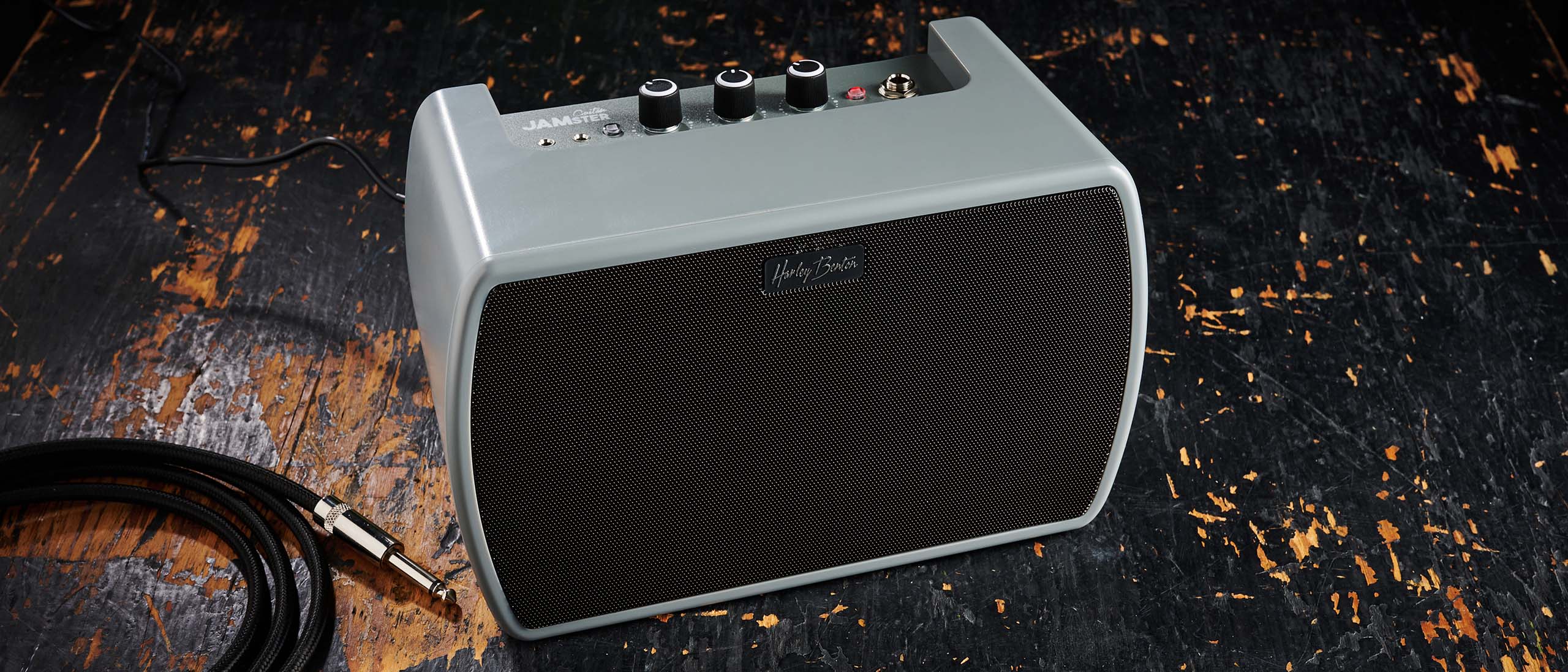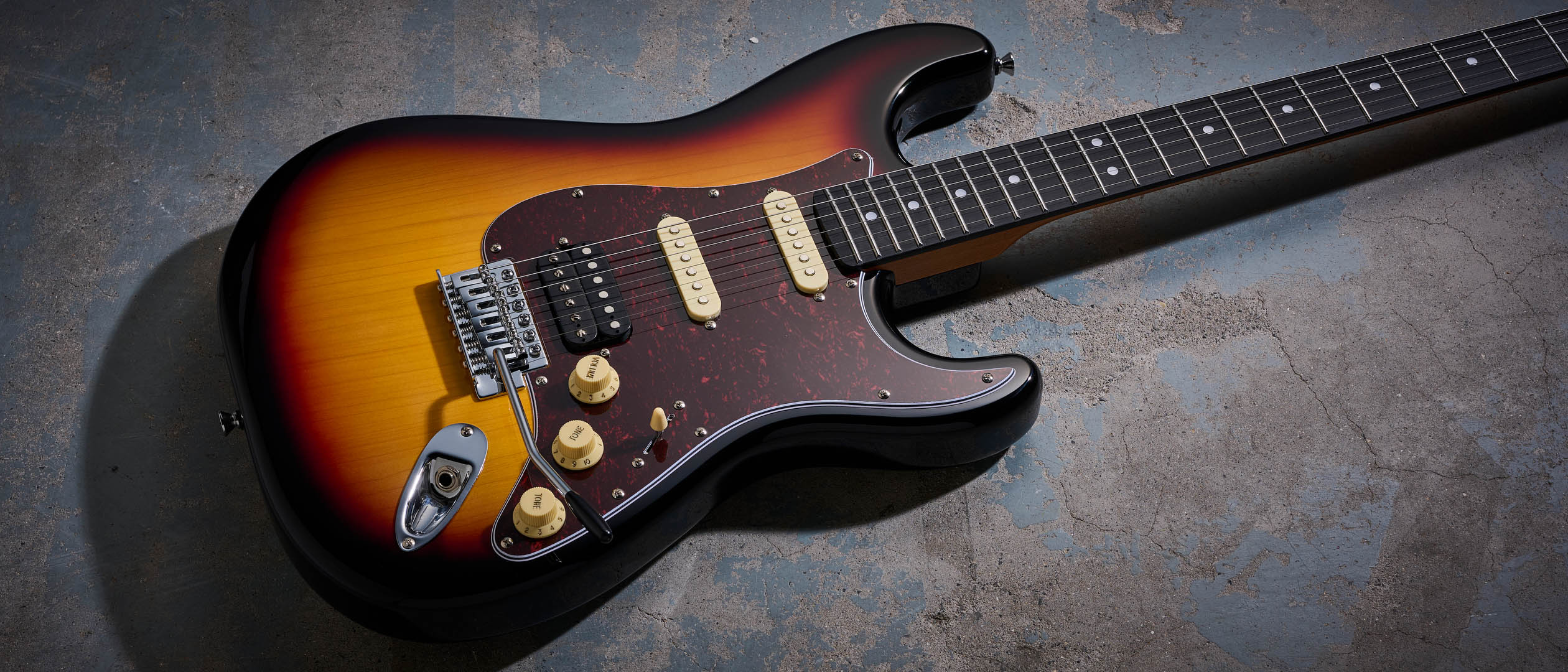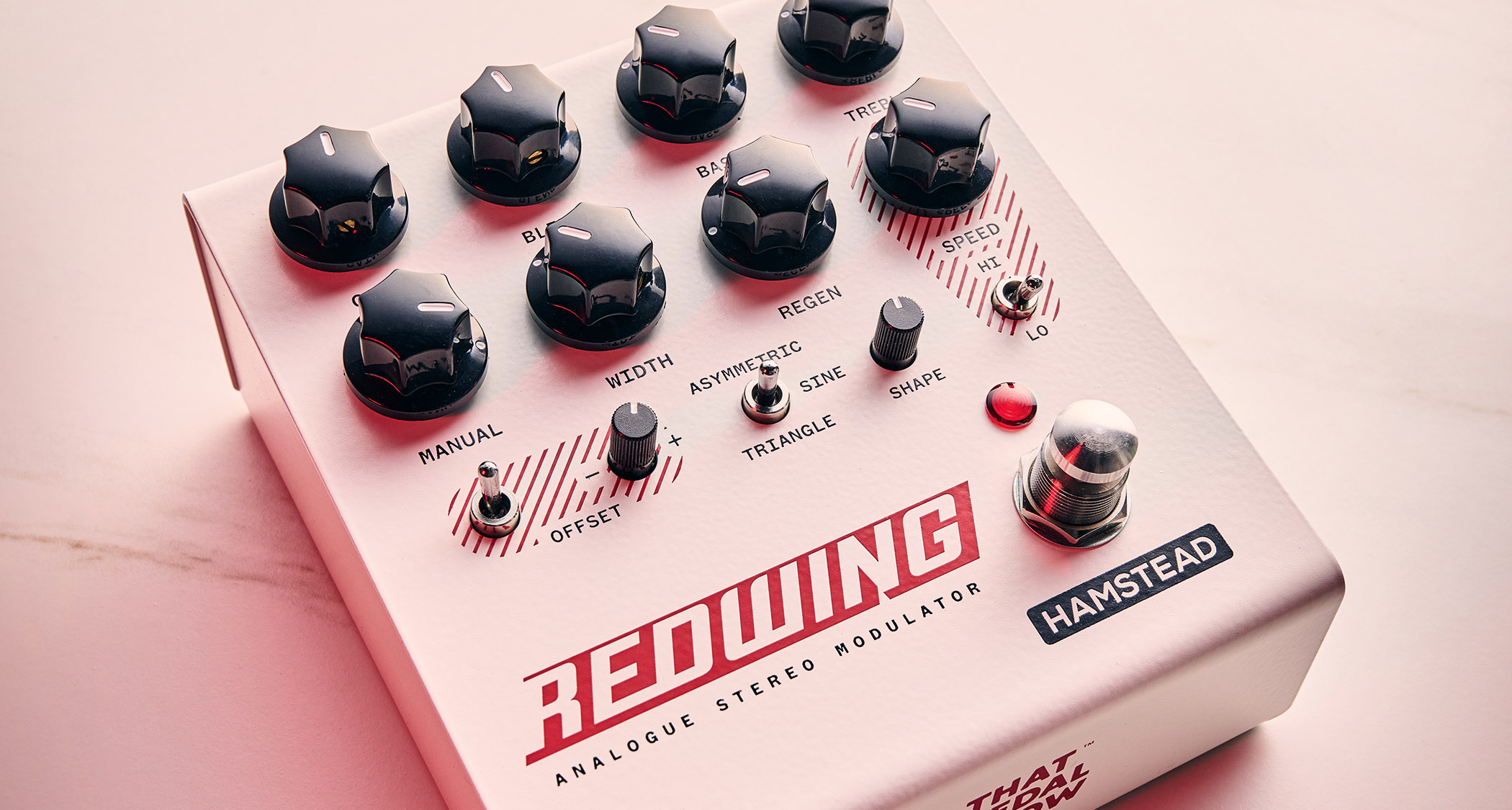Guitar World Verdict
A top-quality VCA-style compressor in a mini-pedal format, with every control you might need, the Becos FX has put the squeeze on the competition here.
Pros
- +
Studio-quality compression.
- +
Lots of features.
- +
Super compact.
Cons
- -
Nothing.
You can trust Guitar World
There's nothing more curious to guitarists than a compressor pedal. For some, it’s something they can’t live without; for others, it’s completely unnecessary. This is understandable because, depending upon your rig and application, a compressor can do wonders for your tone – or get in the way of it.
But for those looking for unimpeded and detailed sonic enhancement, consider the sterling Becos FX CompIQ Mini Pro Compressor. Somehow, this specialized Romanian effect-pedal manufacturer managed to cram a studio-grade VCA-style compressor into a feature-laden mini-sized pedal. To say I’m flat-out impressed with this small wonder is no overstatement.
The CompIQ Mini Pro, which is hand-built and designed for bass and guitar, features a 4320 THAT Analog Engine for processing its superior studio-quality compression, which is delivered through an efficient Blackmer VCA (voltage-controlled amplifier) and a true RMS-level detector that monitors the input signal.
The pedal has controls for Ratio, Threshold, Gain and Dry/Wet Mix, along with three mini-toggle switches for Knee (soft/hard compression), SCF (Side Chain Filter) for audio signal and frequency attenuation (normal/deep) and Timing (fast/slower) that auto-adjusts attack and release times.
The pedal also features true analog bypass switching, a 5-LED display (gain reduction meter derived from the RMS-level sensor for visual compression indication), input/output jacks and 9-12V DC operation.
With its considerable control set, players who are unfamiliar with compression terminology (and how it works) might find using the pedal daunting. But no need to stress! Within minutes it’s easy to figure out how the controls and switches affect the dynamic range (much like rack compressors) and harmoniously work together to smoothly administer the amount of compression and limiting you’re willing to feel and hear.
Functionality is top-notch, and it’s astounding that Becos can deliver such a high level of pristine compression in such a tiny housing. It’s a stunningly beautiful and transparent compression that immediately enhances the overall sound dynamically – meaning it doesn’t color your guitar tone but rather makes it sound more present and appear louder in a room.
Simply setting the Gain and Ratio high and Threshold low, with a “soft” Knee and a “fast” attack, the CompIQ Mini Pro intensifies my guitar sound while softening out any rough edges. It’s so essential and good, I can’t take it off my pedalboard – actually, I refuse to take it off.
Specs
- PRICE: €169
- ORIGIN: Romania
- TYPE: Compressor pedal
- FEATURES: True bypass, studio-grade VCA-style compressor, 4320 THAT Analog Engine
- CONTROLS: Ratio, Threshold, Gain, Dry/Wet Mix, Knee (soft/hard compression) mini-toggle, SCF mini-toggle (Side Chain Filter) for audio signal and frequency attenuation (normal/deep), and Timing mini-toggle (fast/slower)
- CONNECTIONS: Standard input, standard output,
- POWER: 9-12VDC (not supplied)
- DIMENSIONS: 92 × 37 × 55 mm
- CONTACT: Becos FX
Paul Riario has been the tech/gear editor and online video presence for Guitar World for over 25 years. Paul is one of the few gear editors who has actually played and owned nearly all the original gear that most guitarists wax poetically about, and has survived this long by knowing every useless musical tidbit of classic rock, new wave, hair metal, grunge, and alternative genres. When Paul is not riding his road bike at any given moment, he remains a working musician, playing in two bands called SuperTrans Am and Radio Nashville.
